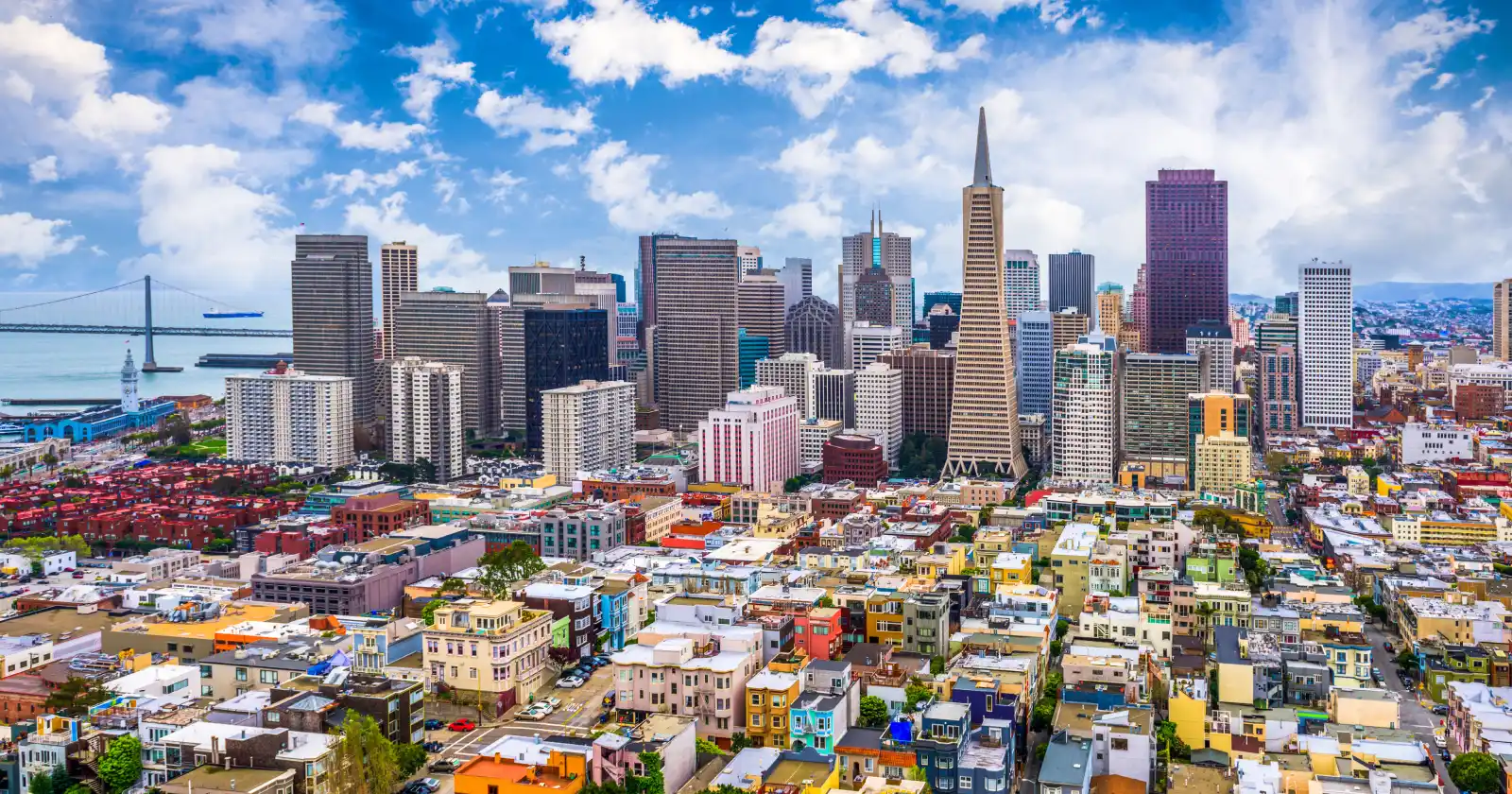News from Davos: Mitigating Climate Change and the World Economic Forum Agenda

In January, government and business leaders from all over the world met at the World Economic Forum’s annual summit in Davos, Switzerland to discuss today’s most pressing international issues. Many observers anticipated that climate change and clean energy would be at the forefront of the discussion at the summit because of the landmark climate deal made in Paris in December 2015. The World Economic Forum acknowledged that the most impactful risk to global society in 2016 and in the future will be the “failure of climate-change mitigation and adaptation.” Several panels were scheduled specifically to address these concerns.
Panel Discussion: The Transformation of Energy
Renewables dominated the discussion in a panel titled “The Transformation of Energy.” According to panelist Fatih Birol, head of the International Energy Agency, half of all new global power capacity in 2015 was from wind and solar. Furthermore, Birol stated that both 2014 and 2015 saw a decline in upstream oil investments, and emphasized that oil investments rarely decline in two consecutive years. Investment in renewable energy hit an all-time high of $329 billion in 2015 despite the lowest fossil fuel commodity prices since 2003. Although there was unprecedented growth, the panelists discussed the significant challenges that still exist for renewables, including how to best integrate energy storage to regulate energy distribution, how to prepare the grid for an influx of intermittent and/or distributed energy resources, and the role that a carbon price could play in accelerating the transition to renewable technologies.
Panel Discussion: The New Climate and Development Imperative
The focus on clean energy shifted on the second day to provide the first significant follow up to the accord reached during Paris/COP21 in December. The panel discussed how climate action and international development are inextricably linked, and that only actions taken to improve both climate and development in tandem will solve the two most pressing challenges of the 21st century. Secretary-General of the United Nations Ban Ki-Moon stressed five key actions to help mitigate climate change:
- Rapid conversion of climate pledges to bankable solutions
- Financing for industrializing nations to leapfrog fossil fuels
- Climate resiliency planning
- Increasing climate actions
- Rapid ratification of the Paris Agreement
Africa’s New Deal on Energy
One promising initiative announced at the summit was the African Development Bank’s “New Deal on Energy for Africa.” Taking advantage of Africa’s abundant exposure to the sun, the plan is meant to provide both grid and off-grid energy to every single person on the continent within the next ten years. What separates this effort from others is that it will coordinate various efforts to electrify Africa, such as Barack Obama’s Power Africa initiative, and key financing from African governments rather than relying on external factors. The expansion of solar in Africa, combined with its growth in GDP and population, may replicate the same effect that has driven the reduction of solar PV prices in the United States these past five years.
Final Thoughts
The speakers at Davos provided insightful assessments of the current energy landscape and the importance of immediate, decisive action to combat climate change. However, emphatic rhetoric alone will not bring us closer to a maximum global temperature increase of 2 degrees Celsius as delineated in the Paris agreement. To address this gap between words and actions, the World Economic Forum plans to release a plan for a comprehensive public-private partnership to address climate change by 2020 as a follow-up to the successful COP21 negotiations.The solar industry benefits from certainty and collaboration between governments and the private sector, and such cooperation will significantly accelerate the deployment of solar energy throughout the world. However, what is clear is that even with anemic global markers, extremely low prices on fossil fuels, and a lack of consensus on the best way to solve our climate challenges, the solar energy revolution will march on. The question in 2016 is not whether or not solar energy is part of the solution, but how quickly we can use this solution to mitigate climate change and encourage sustainable development throughout the world.



